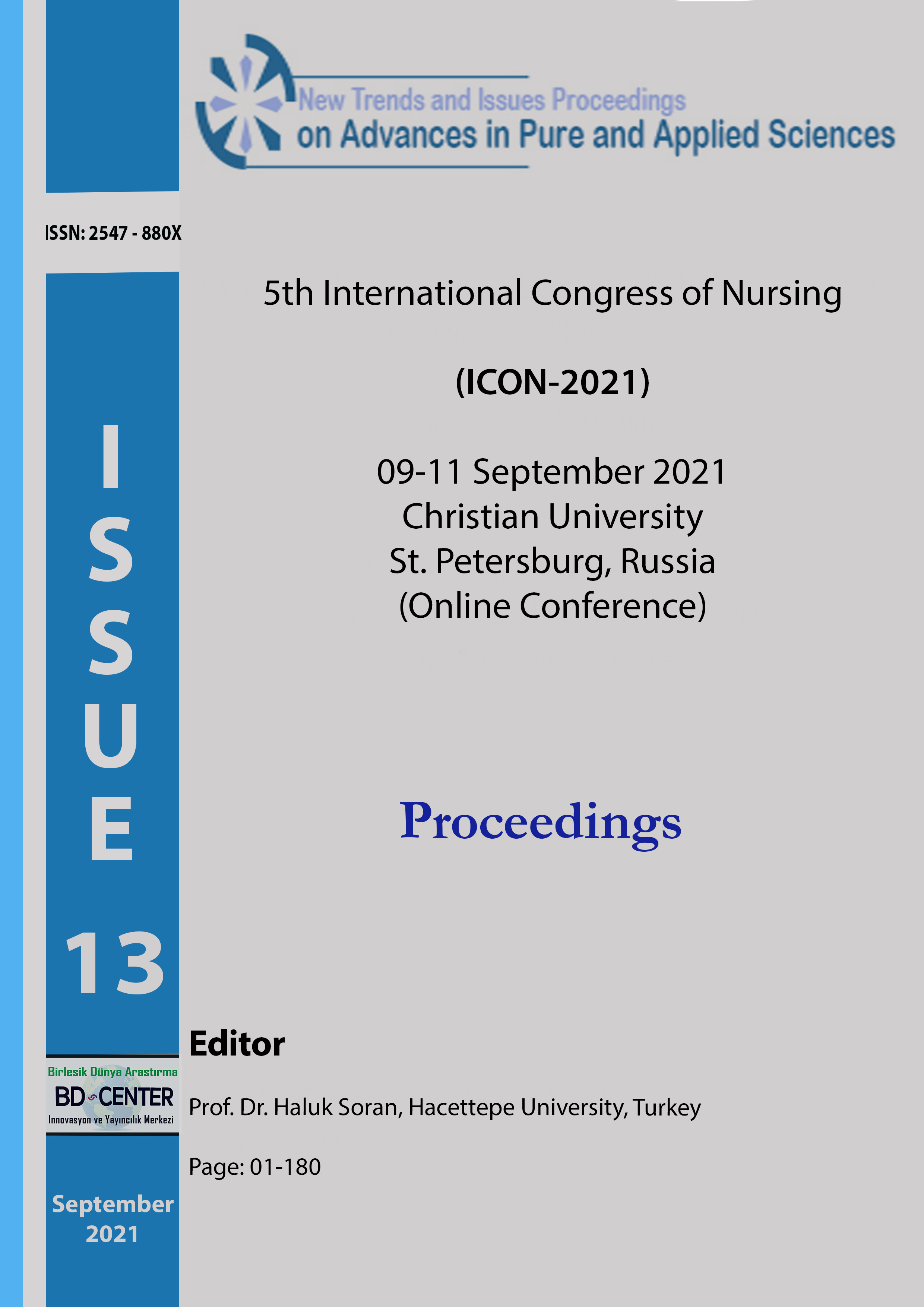Determining the stigmatisation and discrimination tendency of university students about HIV/AIDS in health-related departments
Main Article Content
Abstract
This study was planned to determine the stigmatisation and discrimination tendencies of university students studying in health-related departments regarding Human immunodeficiency virus/ acquired immune deficiency syndrom (HIV/AIDS). This research was carried out with the participation of 221 students studying at the Vocational School of Health Services and Faculty of Health Sciences of a university between 17.05.2021 and 24.05.2021 and willing to participate in the research. In the study, data were collected using a 36-item questionnaire, which determines students' sociodemographic characteristics, knowledge and attitudes towards HIV/AIDS, and AIDS Knowledge Scale and AIDS Attitude Scale. Percentage calculation, Kolmogorov–Smirnov, Pearson’s correlation coefficient, t-test, analysis of variance, Tukey’s test and Cronbach's alpha coefficient were used to evaluate the data. It was observed that the AIDS Knowledge and AIDS Attitude Scale scores differed according to some characteristics of the students (p < 0.05).
Keywords: AIDS, discrimination, HIV, stigmatisation.
Downloads
Article Details

This work is licensed under a Creative Commons Attribution 4.0 International License.
Authors who publish with this journal agree to the following terms:- Authors retain copyright and grant the journal right of first publication with the work simultaneously licensed under a Creative Commons Attribution License that allows others to share the work with an acknowledgement of the work's authorship and initial publication in this journal.
- Authors are able to enter into separate, additional contractual arrangements for the non-exclusive distribution of the journal's published version of the work (e.g., post it to an institutional repository or publish it in a book), with an acknowledgement of its initial publication in this journal.
- Authors are permitted and encouraged to post their work online (e.g., in institutional repositories or on their website) prior to and during the submission process, as it can lead to productive exchanges, as well as earlier and greater citation of published work (See The Effect of Open Access).
